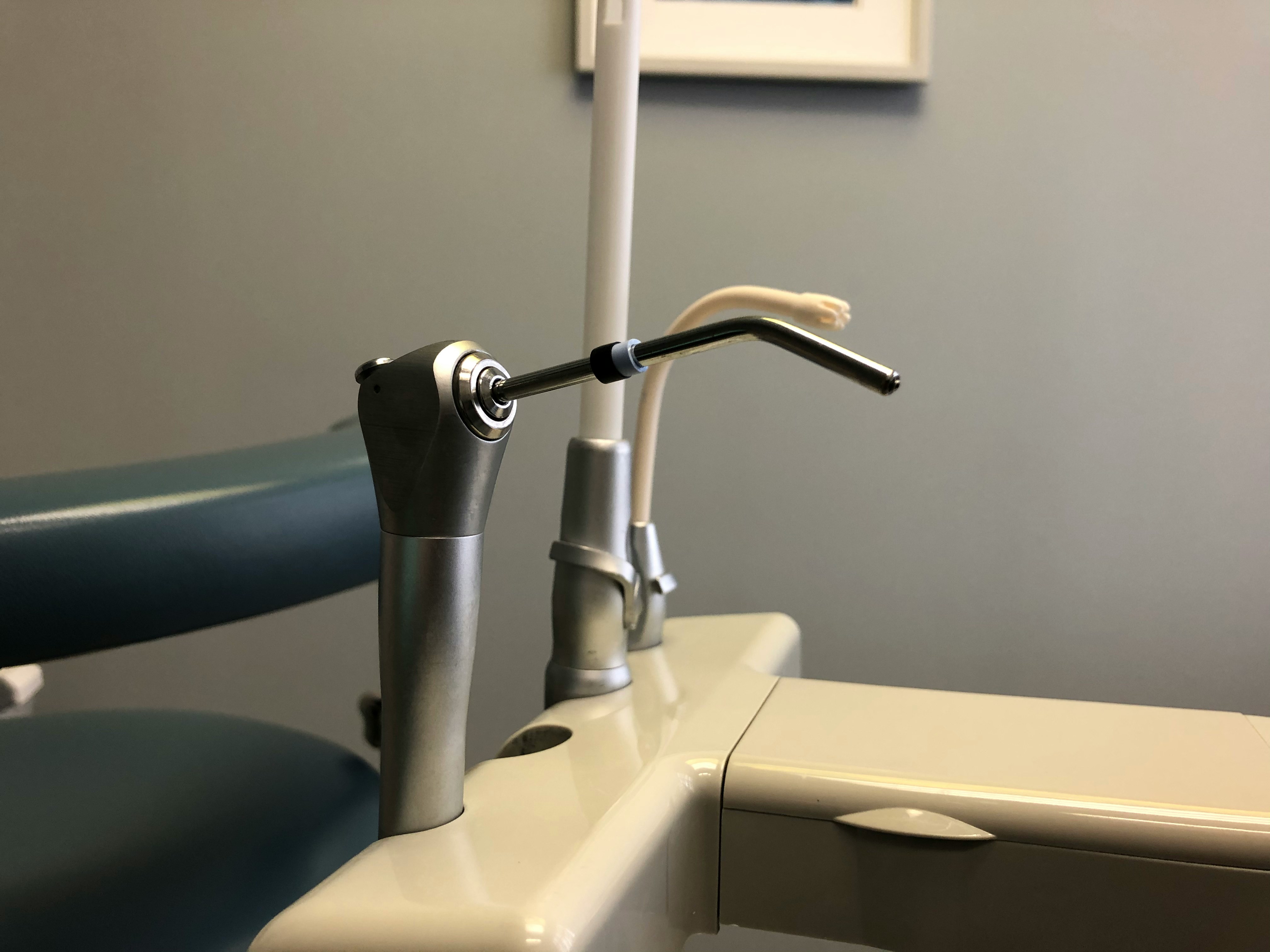Your Guide To A Dental Cleaning Procedure

Jessica Levco
December 6, 2024

Routine cleanings take less than an hour and are crucial to maintaining optimal oral health.
What happens during a teeth cleaning?
In 2022, one-third of Americans skipped visiting the dentist for routine care, according to data from the Dental Health Report. This rate has remained stable over the past decade, with 67.2% of Americans seeing their dentist in 2012 and 66% in 2022, the report says.
Why do some people miss a regular dental cleaning? Cost might be a factor. Data from Dental Health Report shows that out-of-pocket expenses make up 40.3% of total dental spending, nearly four times the 10.6% out-of-pocket share for overall healthcare spending.
At Altogether Dental, we’re dedicated to making sure people get the care they need. That’s why we make our membership pricing affordable for everyone.
With your Altogether Dental membership, you’ll get 15-50% off all dental procedures — unlimited usage; throughout the year. Every dental procedure is included with membership, including routine cleanings, fillings, X-rays, crowns, orthodontia, cosmetic procedures (whitening and veneers), braces, major dental procedures (like root canals) and so much more.
Routine cleanings take less than an hour and are crucial to maintaining optimal oral health, Cleveland Clinic says. During a dental cleaning procedure, a dental hygienist will examine your mouth. Then they will clean, polish and floss your teeth. This process helps remove hardened plaque, tartar and bacteria that can harm your gums and lead to cavities, Cleveland Clinic says. Additionally, they may provide preventive treatments like dental sealants or fluoride applications.
When combined with brushing and flossing at home, dental cleanings help achieve and maintain healthy teeth and gums, the American Dental Association (ADA) advises.
Different types of teeth cleaning procedures
Cleveland Clinic says a dental cleaning procedure varies based on need, but they all share the same goal: removing bacteria and lowering the risk of dental problems. It cites these types of cleanings:
Prophylaxis: Your routine cleaning for individuals with generally healthy teeth and gums. This is the most common type of dental cleaning.
Gross Debridement: This is a lengthier version of prophylaxis and is intended for those who haven’t seen the dentist in over a year or have significant plaque buildup.
Scaling and Root Planing: This is the deep dental cleaning that targets bacteria and hardened tartar beneath the gum line and around tooth roots. This is recommended for those with mild to moderate periodontitis.
Can you pay for teeth cleaning out of pocket?
Yes, you can pay for any dental cleaning procedure out of pocket. Costs vary based on your location and whether or not you have dental insurance or a dental savings plan.
Having a dental savings plan, like Altogether Dental, is a great way to save on costs. The average cost for a standard dental cleaning is $130. But Altogether Dental members typically pay $69 —representing a 47% discount.
Keep in mind there may be additional costs associated with a dental cleaning, Cleveland Clinic says. Based on your specific oral health needs, your dentist or hygienist might suggest additional preventive treatments:
Dental sealants are beneficial for protecting premolars and molars with deep grooves or crevices, as they shield these areas from cavity-causing bacteria.
Fluoride treatments work to strengthen your enamel and lower the risk of cavities.
Everyone can benefit from preventive measures, so it’s important to factor these into your budget.
Does teeth cleaning hurt?
No, having your teeth cleaned should not be painful. If you have periodontal disease or it has been more than six months since your last cleaning, you might experience some discomfort due to gum irritation, Cleveland Clinic reports.
If you are worried, the ADA says you should speak to your dentist about your fears. There are medications are available to make dental visits more relaxed and comfortable. Some manage pain, others help you feel calm, and some can induce a deep, sleep-like state during treatment. You and your dentist can work together to choose the most suitable option, the ADA reports.
If your dentist decides you need periodontal cleaning, they will likely numb you for the procedure. According to Cleveland Clinic, periodontal (gum) disease the inflammation and infection of your gums and the bone that supports your teeth.
What are the benefits of teeth cleaning?
Regular dental visits are essential for your oral health. This is when dentists can identify dental health issues early, making treatment easier and more cost-effective, according to the ADA.
Routine visits help prevent potential problems before they start.
How often should you get your teeth cleaned?
Dental treatment isn't one-size-fits-all. While some people may only need to see the dentist twice a year, others may require more frequent visits, the ADA advises. The rule of thumb is that you should see your dental professional every six months for your dental cleaning procedure, the ADA says.
Remember, regular cleanings are essential to your oral health. You can search dental cleaning near me to locate dental options in your area. Your smile is as unique as you are, and your dental care should be tailored to meet your specific needs for maintaining a healthy smile.
Enrolling in a dental savings plan, like Altogether Dental, is one of the best ways to make sure you’re getting your teeth cleaned regularly. Dental savings plans are membership-based programs that offer discounts on dental services at participating dentists. As an Altogether Dental member, here are a few benefits you’ll enjoy:
Lower costs: With Altogether Dental, you’ll enjoy discounts of 15-50% on all dental procedures — everything from cleanings, fillings, orthodontia, dentures and more.
No waiting periods: Discounts are made available immediately upon enrollment.
No annual maximums: There are no annual limits on the amount of discounts you can receive.
Flexibility: Our partnership with Aetna gives you access to 260,000+ choices of in-network general and specialty care dentists.
Sources
ValuePenguin | Dental health report
Cleveland Clinic | Dental cleaning
American Dental Association | Oral health







